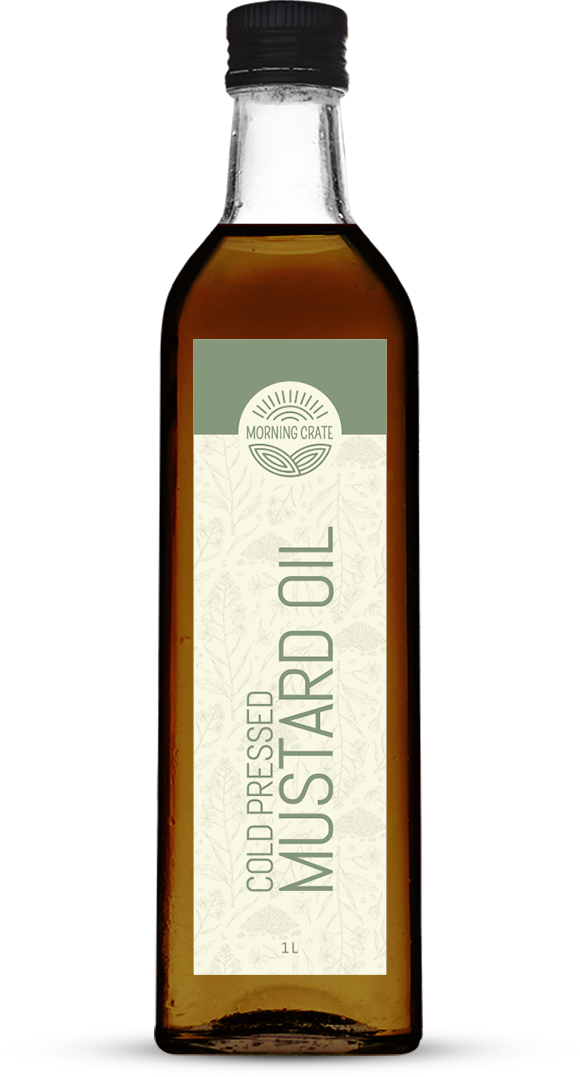
From Traditional to Modern: Exploring Culinary Essentials
In the ever-evolving world of culinary arts, certain ingredients have stood the test of time due to their exceptional flavor, health benefits, and versatility in cooking. Among these, cold-pressed mustard oil and cow desi ghee hold a special place in both traditional and modern kitchens. This article delves into the unique qualities of these culinary essentials, their health benefits, and how they can be seamlessly incorporated into contemporary cooking. Additionally, we’ll explore the factors influencing the cold pressed mustard oil price and the various attributes of high-quality cow desi ghee.
The Legacy of Cow Desi Ghee
Cow desi ghee, a staple in Indian households for centuries, is renowned for its rich flavor and numerous health benefits. Made from the milk of indigenous cow breeds through a traditional churning process, cow desi ghee is a revered ingredient in both culinary and medicinal practices.
What Makes Cow Desi Ghee Special?
- Traditional Preparation: Cow desi ghee is traditionally prepared by simmering butter, which has been churned from cultured cream, until the water evaporates and the milk solids caramelize, leaving behind pure golden ghee.
- A2 Protein: Made from the milk of cows that produce A2 beta-casein protein, which is easier to digest and considered healthier than A1 protein.
- Nutrient-Rich: Contains essential fatty acids, vitamins A, D, E, and K, and antioxidants.
Health Benefits of Cow Desi Ghee
- Digestive Aid: Rich in butyric acid, cow desi ghee supports healthy digestion and gut flora.
- Boosts Immunity: The antioxidants and vitamins in ghee enhance the immune system.
- Heart Health: While it contains saturated fats, cow desi ghee also has CLA (conjugated linoleic acid) which is beneficial for heart health.
- Energy Source: Provides quick energy due to its medium-chain fatty acids.
- Skin and Hair Health: Known for its moisturizing properties, ghee is used in various traditional beauty treatments.
Culinary Uses of Cow Desi Ghee
- High-Heat Cooking: With a high smoke point, it is ideal for frying, sautéing, and roasting.
- Baking: Adds a rich, buttery flavor to baked goods.
- Flavor Enhancer: Drizzle over rice, lentils, or vegetables to enhance flavor.
- Traditional Dishes: Integral to many Indian dishes like curries, khichdi, and sweets like halwa.
The Versatility of Cold-Pressed Mustard Oil
Cold-pressed mustard oil is another culinary essential with deep roots in traditional cooking, especially in Indian and South Asian cuisines. The cold-pressing method ensures that the oil retains its natural properties, flavor, and nutrients.
Understanding Cold-Pressed Mustard Oil
- Extraction Method: Cold-pressed mustard oil is extracted by pressing mustard seeds at low temperatures, preserving its nutritional value and flavor.
- Nutrient Profile: Rich in omega-3 and omega-6 fatty acids, vitamins E and K, and antioxidants.
- Distinct Flavor: Has a pungent, robust flavor that adds a unique taste to dishes.
Health Benefits of Cold-Pressed Mustard Oil
- Heart Health: The balanced ratio of omega-3 and omega-6 fatty acids supports cardiovascular health.
- Anti-Inflammatory Properties: Contains anti-inflammatory compounds that can reduce inflammation and pain.
- Skin and Hair Care: Used in traditional remedies for skin and hair due to its moisturizing and antibacterial properties.
- Digestive Health: Stimulates digestion and appetite.
Culinary Uses of Cold-Pressed Mustard Oil
- Cooking Medium: Ideal for frying and sautéing due to its high smoke point.
- Marinades and Dressings: Adds depth of flavor to marinades, pickles, and salad dressings.
- Traditional Recipes: Essential in many traditional dishes like fish curries, vegetables, and chutneys.
Comparing Prices: Cold-Pressed Mustard Oil
The price of cold-pressed mustard oil can vary based on several factors:
- Quality of Seeds: High-quality, organic mustard seeds typically result in a higher price.
- Extraction Process: The cold-pressing method is more labor-intensive and preserves more nutrients, contributing to a higher cost.
- Brand and Packaging: Premium brands and eco-friendly packaging can also influence the price.
- Market Demand: Seasonal demand and availability can affect pricing.
Average Cold-Pressed Mustard Oil Price
On average, the price of cold-pressed mustard oil can range from $10 to $20 per liter, depending on the factors mentioned above. When purchasing, it’s essential to consider the quality and sourcing of the oil to ensure you’re getting the best value for your money.
Integrating Cow Desi Ghee and Cold-Pressed Mustard Oil in Modern Cooking
Both cow desi ghee and cold-pressed mustard oil can be seamlessly integrated into contemporary cooking, offering a blend of traditional flavor and modern nutritional benefits.
Modern Recipes Using Cow Desi Ghee
- Ghee-Roasted Vegetables: Toss vegetables in ghee and roast them for a rich, caramelized flavor.
- Ghee Popcorn: Use ghee instead of butter for a healthier, flavorful popcorn snack.
- Ghee-Infused Coffee: Add a spoonful of ghee to your coffee for a creamy, energy-boosting drink.
Modern Recipes Using Cold-Pressed Mustard Oil
- Mustard Oil Vinaigrette: Whisk mustard oil with vinegar, honey, and spices for a robust salad dressing.
- Spicy Mustard Fish: Marinate fish in mustard oil with spices and herbs, then grill or bake.
- Mustard Oil Stir-Fry: Use mustard oil in stir-fry recipes to add a pungent, flavorful kick.
Conclusion
Cow desi ghee and cold-pressed mustard oil are culinary essentials that bridge the gap between traditional and modern cooking. Their rich flavors, health benefits, and versatility make them invaluable in any kitchen. Whether you’re looking to enhance the taste of your dishes or boost your overall health, incorporating these time-honored ingredients can provide a wealth of benefits. By understanding their unique qualities and how to use them effectively, you can elevate your culinary creations and enjoy the best of both worlds.



Average Rating